What barriers exist that prevent people from seeing themselves as unpaid caregivers/ carers and getting the help and support they need? Why don’t you see yourself as a caregiver?
There are 10.58 million unpaid caregivers/ carers in the UK and it’s estimated that 6000 more people become carers every day1. That means one in five of us are estimated to be caregivers but are we visible?
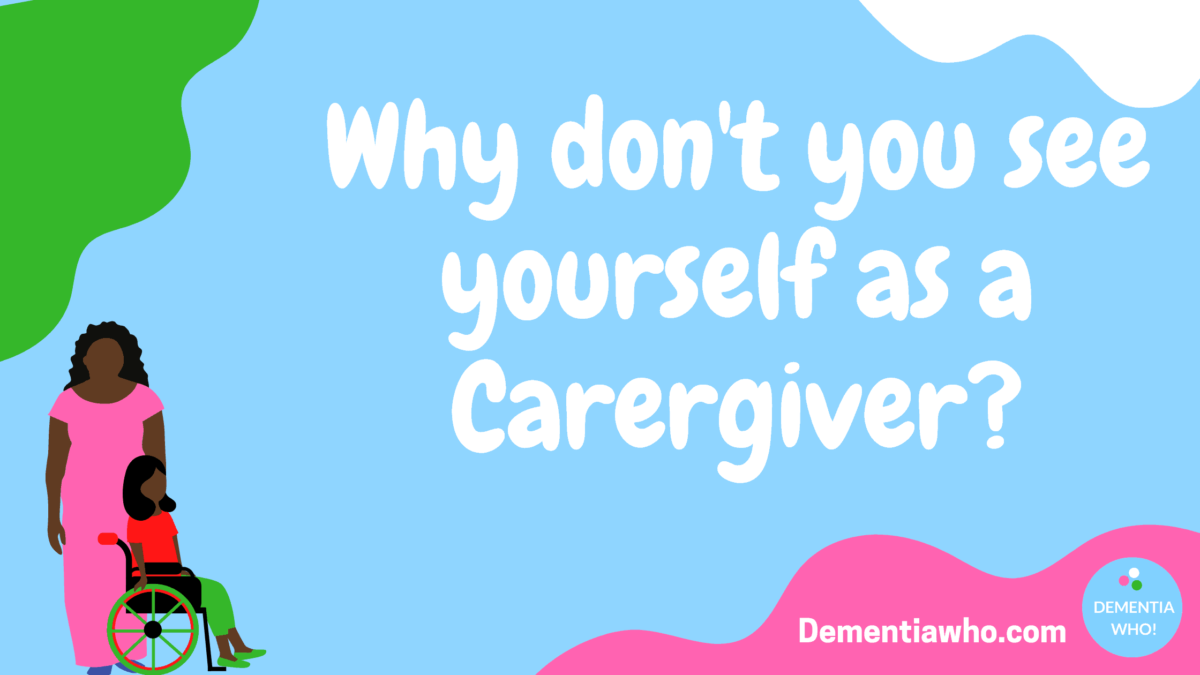
Ask yourself when did you realise you were an unpaid caregiver/carer?
Were you one of the 54%, that took over a year to realise they were caregivers or the 24% that took over 5 years or were you the one in ten (9%) who realised within 10 years that they were caregivers?2 Why does it take so long before you realise that you’ve become an unpaid caregiver.
We can’t be visible to society, or get the support or help we need if we’re not identified. You can read more in this article on ‘Why it’s important to identify as a caregiver?’
Self Identification
Unpaid caregivers remain hidden in society, not visible or valued because there is an over-reliance on self-identification. Despite recent legislation putting the onus on local government and health authorities to help identify caregivers more needs to be done to ensure that they are identified as early on in the process as possible for them. It takes too long to self identify for some people.
Were you like Kristen, who has been caregiving for over 20 years for her son with chronic schizophrenia but only realised her role after working with a carer organisation.
“At first I didn’t realise I was a carer it actually took me about 10 years to realise, it was only when I started working in the job that I am in and I worked with carers organisations that I realised I was a carer, prior to that I was Stewart’s mother and that was it really.”
Relationships
The term unpaid caregiver just isn’t even thought of because we simply refer to ourselves in terms of our relationship, daughter, wife, partner etc.
Parent caregivers with children with complex needs or who are disabled take far longer to identify as caregivers, one in 3 caregivers took longer than 5 years. 1 in 4 carers of those caring for someone with mental health needs took longer than 5 years.
You might not realise to begin with as the role started small but grew over a long period of time, to the point where you’re supporting your loved one in everyday tasks and you just didn’t see the changing nature of your relationship.
Perceptions of Caregiving
You can be an unpaid caregiver even if you don’t live with them or even live close by. It’s not the location that’s important but the support that you provide that defines you as a caregiver.
It doesn’t mean that if you’re in full-time work you can’t be an unpaid caregiver as well.
It doesn’t mean that you’re not a caregiver if the person you support tries to resist your help or doesn’t believe they need the help. You still provide it – don’t you?
It doesn’t mean that you have to do it on your own. You may be sharing the caring responsibility with a family member, sharing doesn’t make you less of a caregiver!
There aren’t any minimum requirements about the time involved unless you want to try to claim government benefits. Being a caregiver is about supporting someone with an illness, disability, mental illness, or addiction which means they cannot cope without your help.
You still provide unpaid support whether that’s emotional, physical, financial, or psychological support to help your loved one live because they can’t manage without you.
Role confusion
The term caregiver is also confused with the paid position of a care worker, where someone is employed to come to people’s homes or work in care homes etc in a paid position.
Care workers are trained, have set hours so they can clock off at the end of their shift, have holiday time & pay etc, and are the complete opposite of an unpaid caregiver.
The problem is the two terms are often used interchangeably, we have even seen politicians who should know better not knowing the difference between a care worker and a caregiver/carer.
Terminology
Also, there isn’t a consistent term for someone who provides unpaid care for a loved one. We’ve got informal carers, unpaid carers, caregivers or care partners, sandwich carers, parent carers. So how are caregivers expected to identify as such when the language and terms used are often mistaken for paid care workers.
It’s also seen by some caregivers as demeaning, not reflecting the actual role that they do, some find it belittling in some way, especially if you moved from a prominent career position to a full-time caring role.
Cultural Norms
Cultural obligations also play a part. In some cultures, it’s a sense of duty or obligation to look after family and they don’t define themselves as caregivers. They don’t see this as a role outside of the family or to be classed as such.
Fear
Some caregivers worry that identifying themselves as that will have a detrimental impact on their career prospects. Even though discrimination laws exist to prevent that, and caregivers have employment rights, doesn’t mean it doesn’t happen!
Young caregivers may fear authorities taking action if they tell someone they’re caring, especially where they care for a lone parent. It’s estimated there are around 800,00 young carers looking after family members with complex needs, mental illness, substance abuse etc.
They fear being bullied at school because their extra responsibilities prevent them from taking part in school & social activities fully.
Just like adult carers, many of them do not recognise that they are caregivers, rather they just see themselves as looking after mum and dad, being their emotional or physical support and even taking over the parenting duties of other siblings.
The impact on a young caregiver’s educational, emotional, social and mental health needs can be long term and devastating if they’re not identified and support mechanisms aren’t implemented.
Small changes can make a massive difference. Local authorities and health organisations have a duty to identify young carers and many initiatives have been set up to help identify them.
Listen to these tops tips for GPs to help identify & signpost young carers
So what do we need to do?
We need to change the conversation. Why Don’t I See Myself as a Caregiver?- rephrase what we’re asking people, not are you a caregiver but do you help with washing and dressing, do you prepare meals, handle medications, help with physically moving someone, provide emotional & psychological support, do you help with toileting, do you do their shopping and cleaning?
We need to get out in the community more, use the interactions we have at GP practices, schools, community groups, health centres, emergency call outs for their loved ones etc to spot the signs of someone who is a caregiver to get them the support they need before THEY hit a crisis point.
Let me know when did you realise you had become an unpaid caregiver/carer?
Sources:
- Make Caring Visible, Valued and Supported – Carers Week 2022 report
- Missing out – The identification challenge, Carers UK

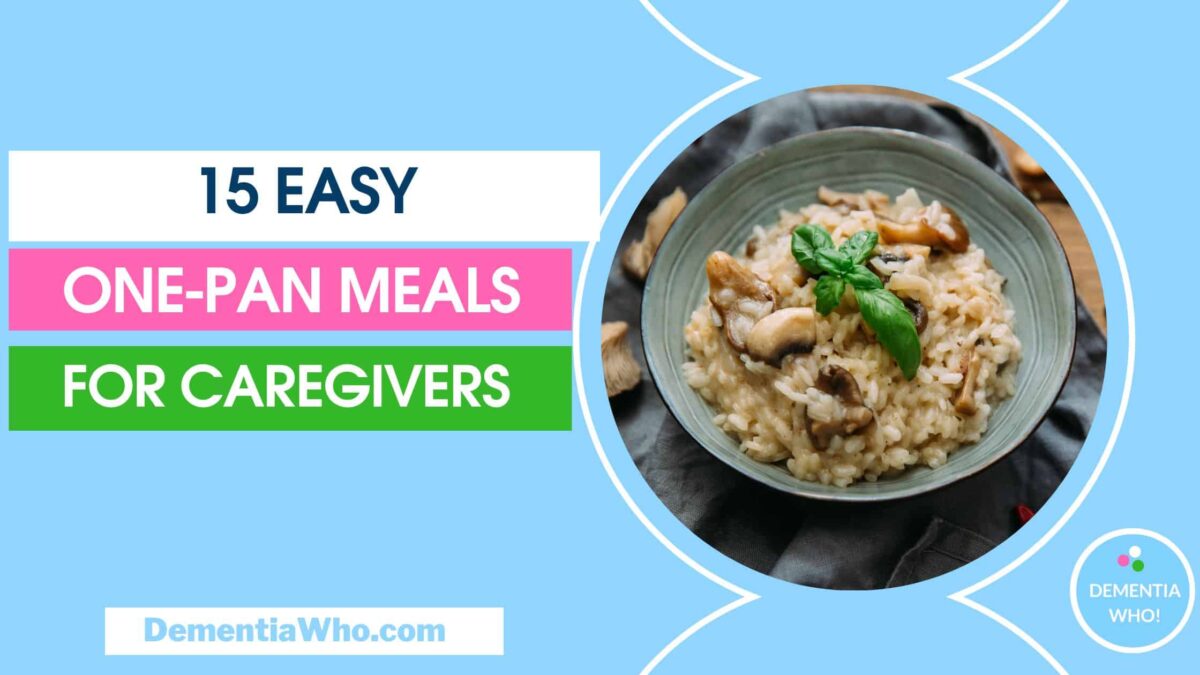
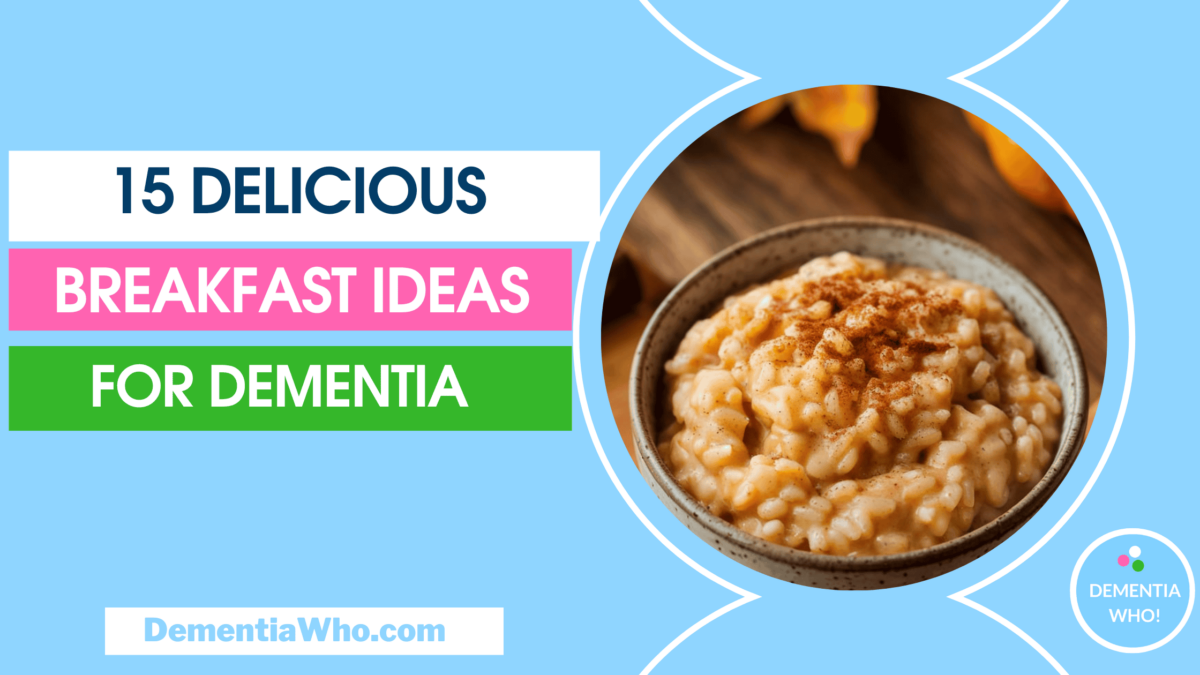
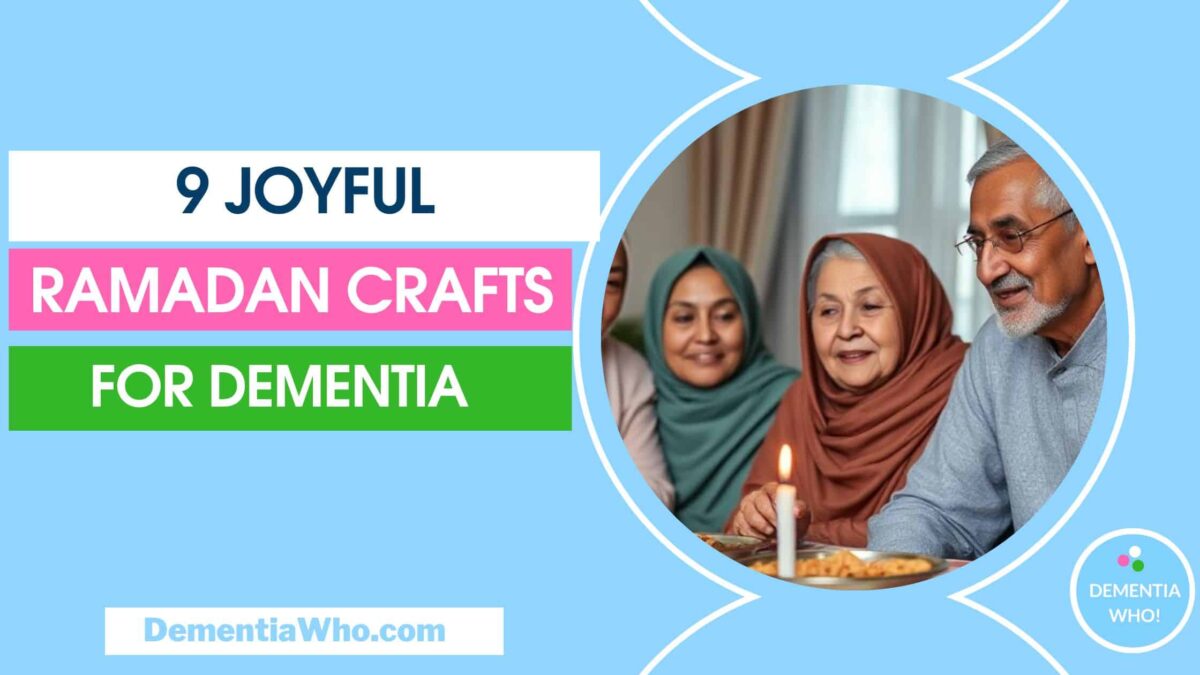
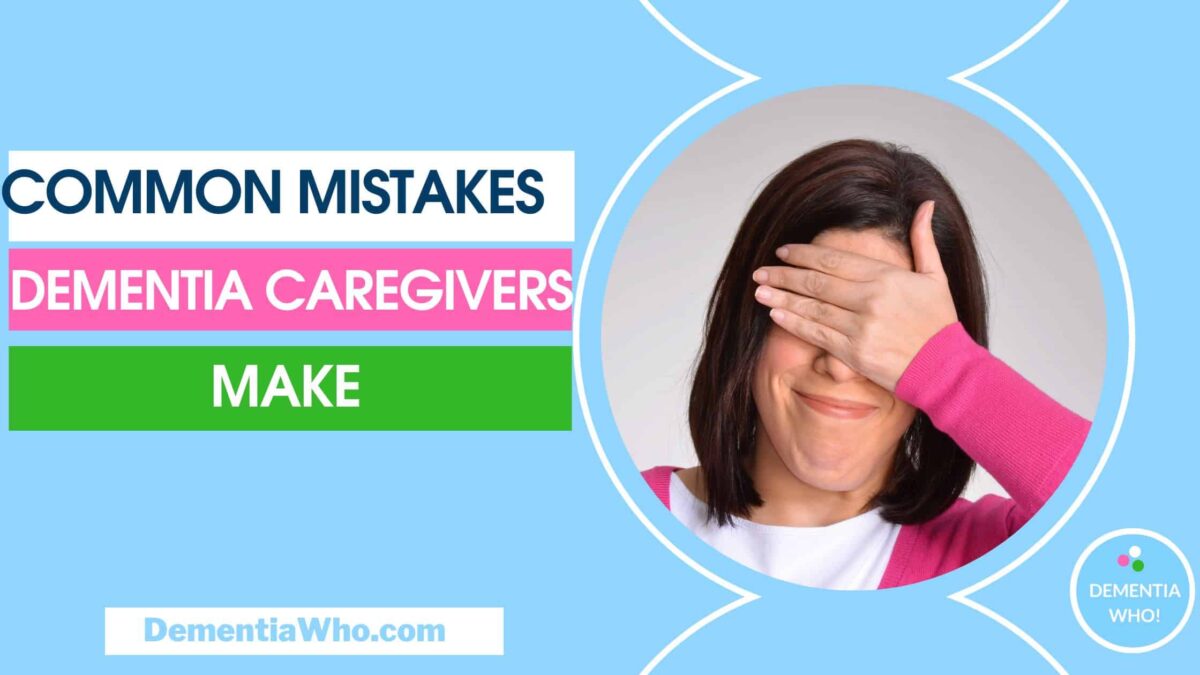
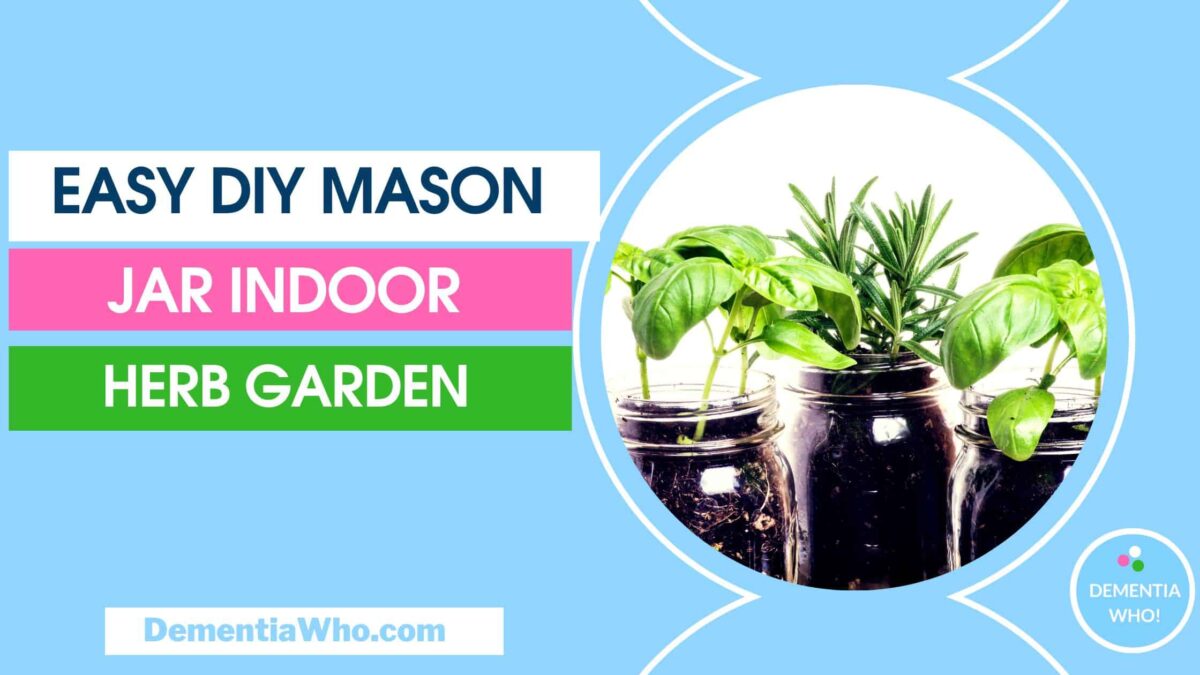
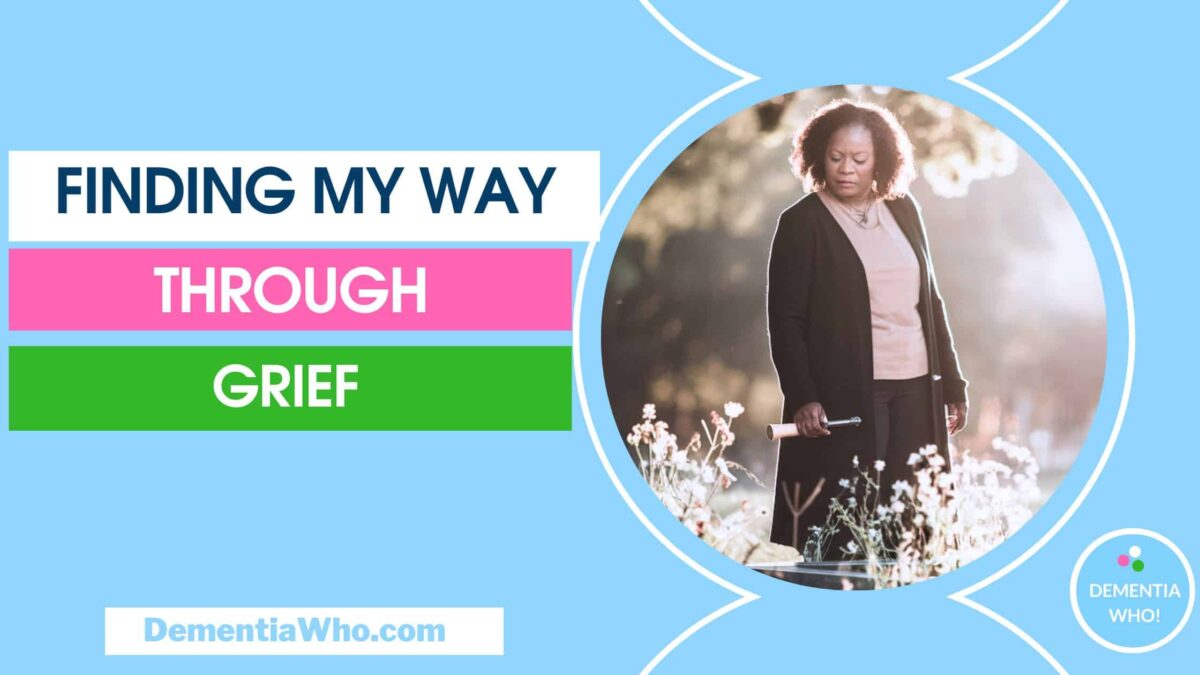
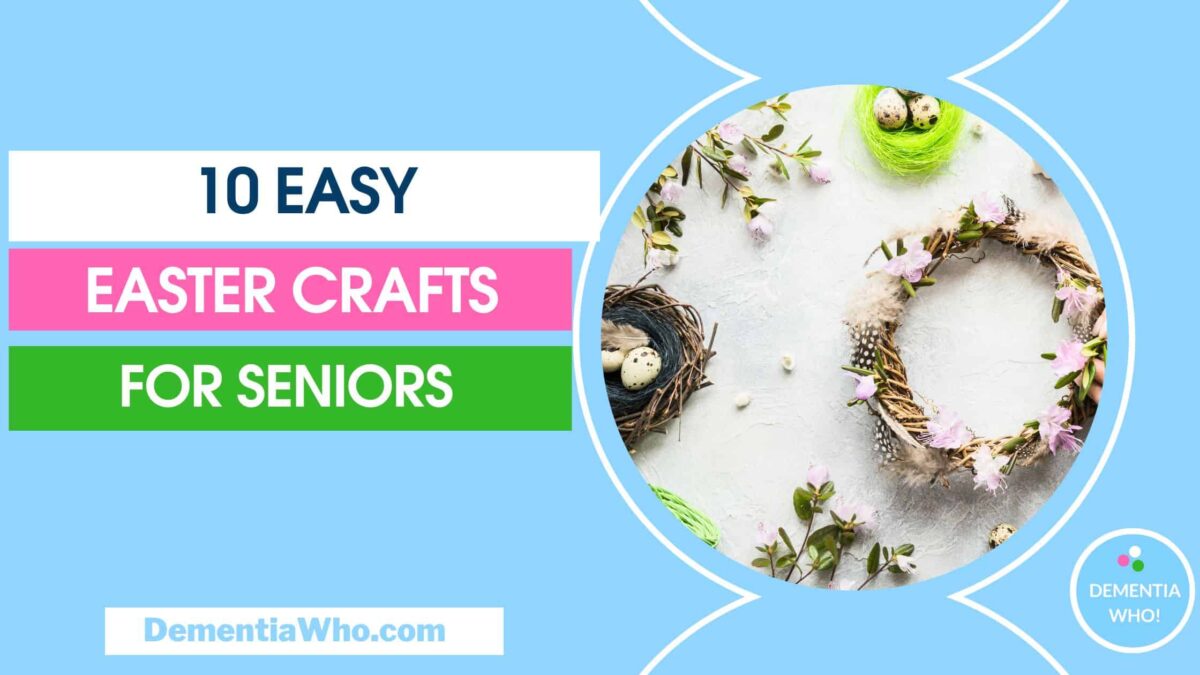
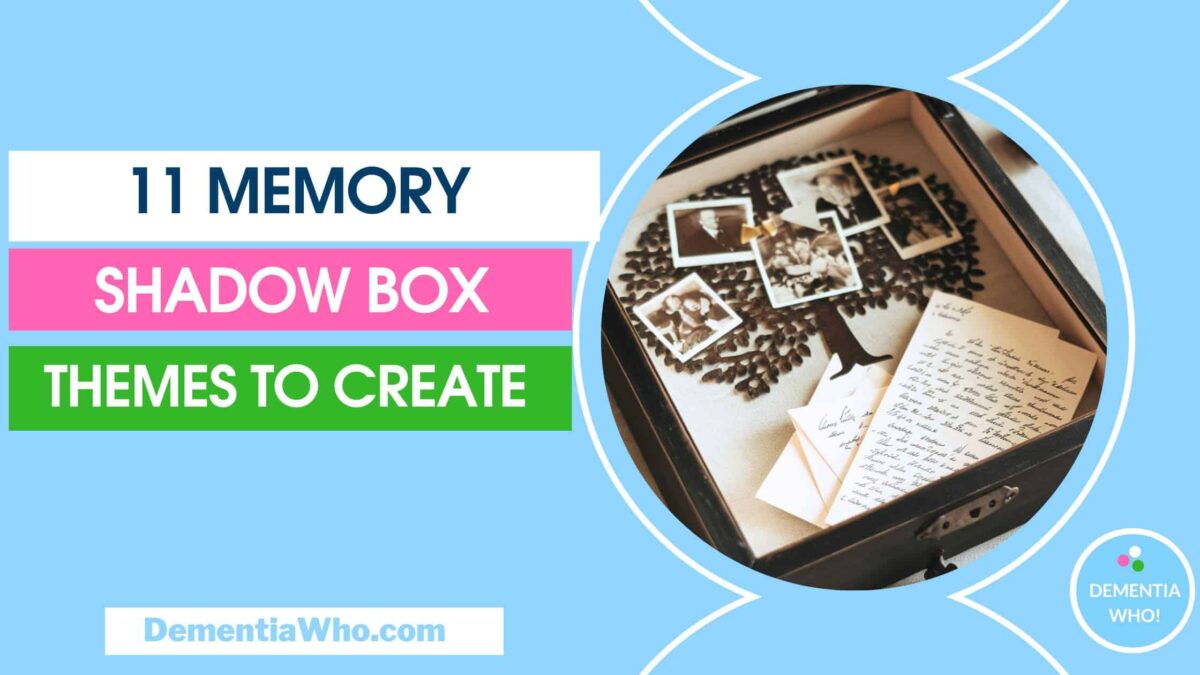
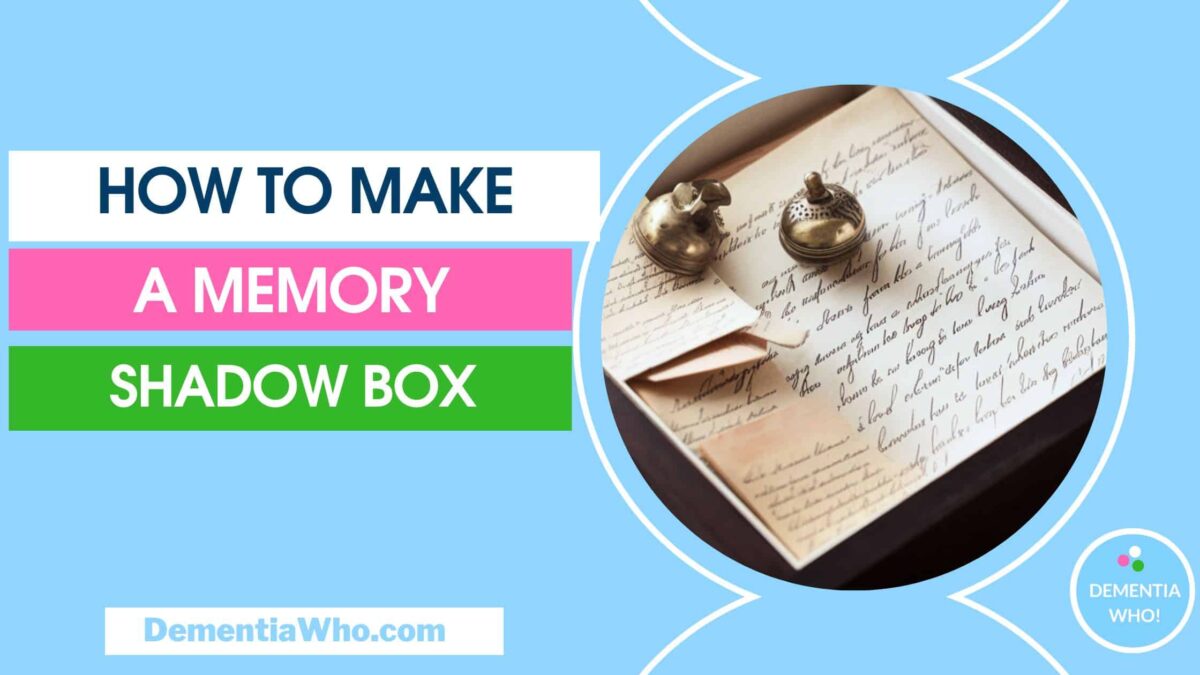


I remember it being my late teens when I received a letter from a care provider for where my mum used to attend a day centre, but was threat of closing and this letter was for me addressed to the caregiver or something like that, to give me opportunity to attend this meeting. Which I did. Sadly that day centre closed and got knocked down.
Mum questioned the caregiver status and I said yes I am, because when there was a period you wasn’t well, who was speaking up? Me.
Now although I seen myself at that point as a caregiver and not before then, it didn’t sink in.the true what goes in to being a caregiver. Its only been now, in the last few years that I have seriously questioned to myself or discussed in blog posts just how my role responsibilities have been and the effects from that. And the doing it alone all those years until I couldn’t mentally do it no more.
I think it’s much harder for a younger caregiver to identify as such. A lot of young caregivers are identified as in your case through community interactions, however, they’re so limited and susceptible to budgetary constraints, so it sad to hear it closed down before you got any real benefits. It’s a foreign term especially back then, I think if you had more interaction and support that would’ve been less of an effect on your long term health. I’m sorry you didn’t get the support you needed and thank you for sharing your experience.
The day centre wasn’t for me, but for mum. It was a place she went to twice a week. They would do activities. Mum went there for some years. It got her out. It got her mingling.
It was easy to get to for mum. A bus stop just a little further down. But the two day centres my mum could have chose from were not. It was somewhere mum was not confident travelling to and mum would have has to walk a fair bit from bus stop to get to centre. The other would have needed a car as no bus route. So it wasn’t accessible to mum or any disabled people in my eyes.
The day centre that closed that mum attended, only time I was there was when they did events that family could attend. It was a lovely place. It was so sad to see it go.
I was the youngest person in that meeting and I was the first person to speak up and share my views why that centre shouldn’t close. It got the others to speak up and have their say after I started it off. We all shared similar or same feelings.
There was nothing then as I am aware of now for young carers. If there was in my time, then nothing was said. I am told young carers get the support. But I do wonder if thats the case.
My caring role started off small. Making speaking up for mum, or encouraging her. To then speaking to her doctor when attending one of her out patient appointments to share that she stopped taking a tablet and why. They soon sorted that one by getting someone to get my mum the help she was entitled to that someone else said she wasn’t, which was free prescriptions.
I just did it. I wasn’t asked. But then its been only me and mum since my teens.
The caring role then got more full on in after a mental health became worse than before until mum ended up having to be sectioned and then only alternative care homes because mum didn’t improve. Me burnt out and no support for that. My support was what I got for me, myself. I was already burnt out, depressed and suicidal myself before mum just became sectioned.
Thanks for clarifying, my error I thought it was for you as well. I’m gutted and saddened to hear of your experience and that no one noticed what you were going through. I wish I could turn time back so that you got the support you needed. It’s an awful disease, dementia.
Denentia only came on in the past year. My mum has paranoia schizophrenia and its this I have bern aware of from childhood but only became ber carer because of it from my teens. On.and off depending how mum’s mental health was. Mum got sectioned and she didn’t improve so care home was only answer.
Then she had to move care homes when her care changed after dementia diagnois.
Carehome sees dementia. I can tell which is mum’s schizophrenia and which is dementia.
I am surprised no medical professional got involved to make sure I was ok. It was only in 2019 when mum first received support that I kind of got support because I knew I could contact them if mum’s mental health got worse.
But I was still on my own because I was the one sitting through that, or sleeping on the floor when mum needed extra support until I burnt out and became suicidal.
Liz, thank you for sharing so much, my heart goes out to you, and I can’t imagine what you went through. I hope you have sought help now, and have spoken to a professional, especially about feeling suicidal, I’m sure you probably have but you know you can help through your doctors, talking MIND charity or even speaking to Samaritans on the phone at 116 123
Yes, I had a private counsellor in 2019 who I seen through to 2020. I still have her details to hand should I need further.
Had lots of counselling before that too.